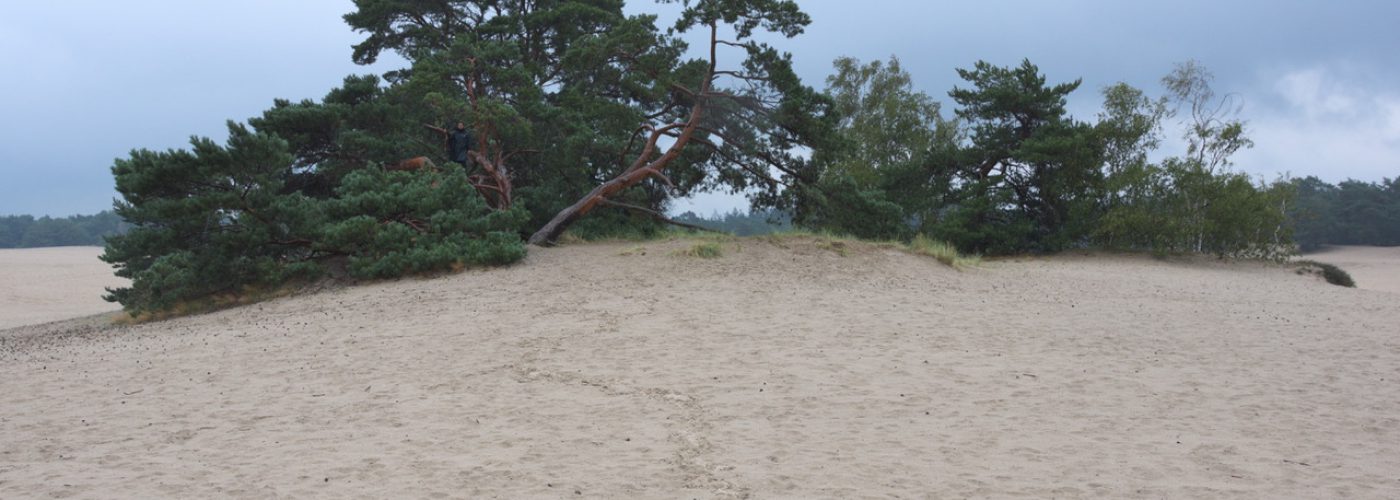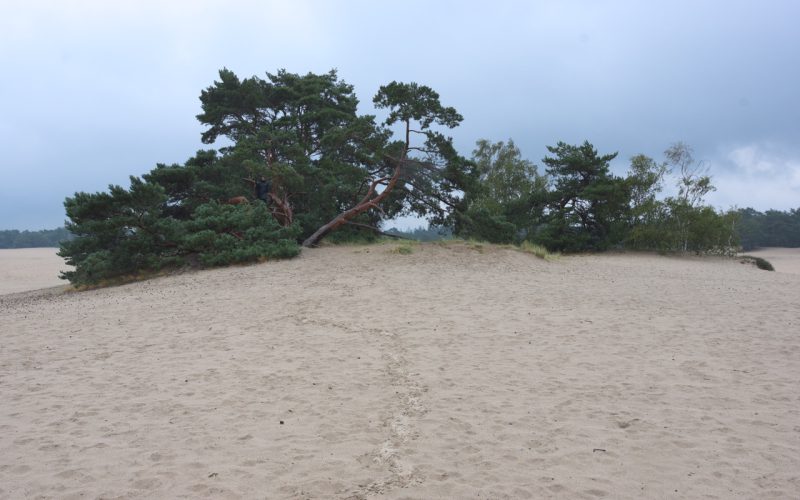Biography
Natascha Hagenbeek is a Dutch artist based in Amsterdam with Indo-Dutch roots. As a
forecaster, she signals societal developments yet to come, and reveals those that
counterbalance fixed obsolete systems and bring positive change to our world. Exercising a
sovereign mind is central to this: systems can only change when people change.
She founded the ecological community-arts project I can change the world with my two
hands in 2010, pointing at the importance of local small-scale farming and the urgent need to
change the food system. But she also wanted to highlight the need to practice commoning:
collaborating together on common goods.
Drawing on nine years (2010 – 2019) of research and experience in the food commons field,
Natascha put together the Whole Commons Catalog: a paper guide full of ideas and
solutions for the future, deliberately referring to the counterculture bible Whole Earth Catalog
founded in 1968.
With her last work, a collage of images and quotes that form a narrative time-scape and pay
tribute to civic society and activism, she seeks to highlight the role of ‘the commons’ as
catalyzers of change.
Natascha studied at the Gerrit Rietveld Academie in Amsterdam and the post-academic Jan
van Eyck Akademie in Maastricht (NL). She has followed the two-year biodynamic farming
course at Warmonderhof (NL) and a Permaculture course with Fransjan de Waard. She is a
compost master and EM (Effective Microorganisms) ambassador for the Agriton Group (NL).
Research
I am researching the Dutch East Indies colonial past and its effect on the dominant economic
thinking of today. I am comparing it with different principles such as traditions of commoning
and ideas of degrowth. I am interested in examples of cooperation between people and
nature, representations of human-nature relations, and the symbiotic cooperation between
plants and trees. Recurring questions will be, how people in the Netherlands and Indonesia
shaped their relationships with nature, which collaborative practices they maintain and
develop in connection with this, and examining the disruptive role colonization played in this.
For DOTE, I would like to zoom in on indigenous traditions and rituals that are about
cooperation and reciprocity. I would like to listen to and being thankful for what nature gives
us in abundance (still).




